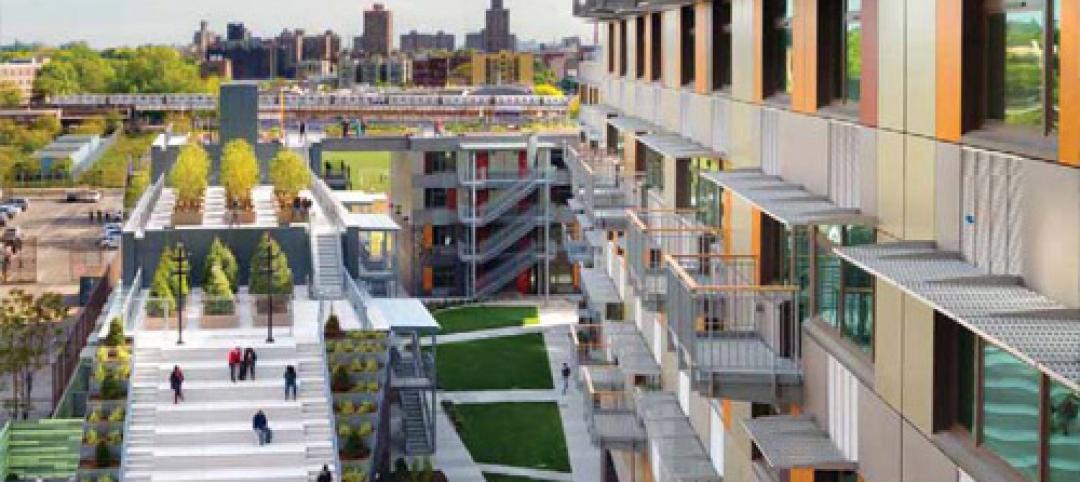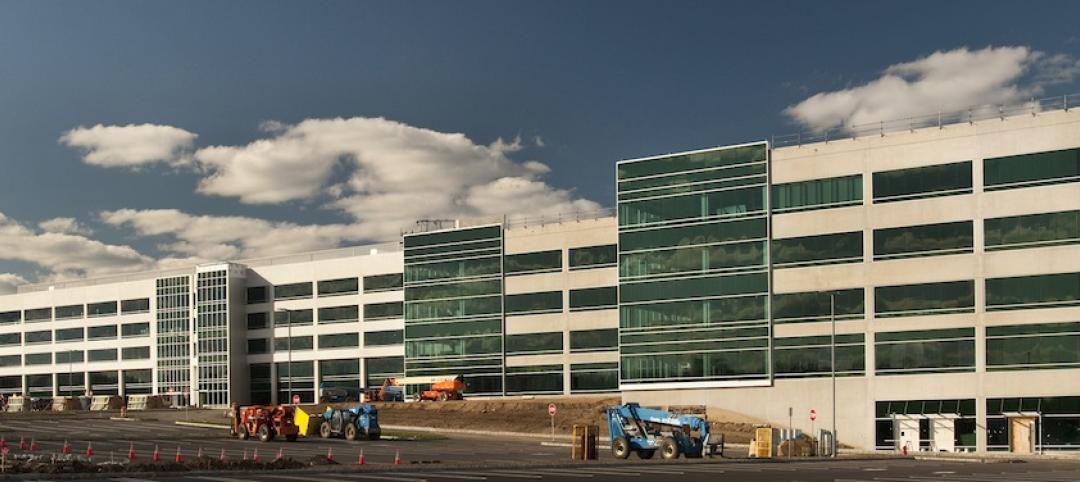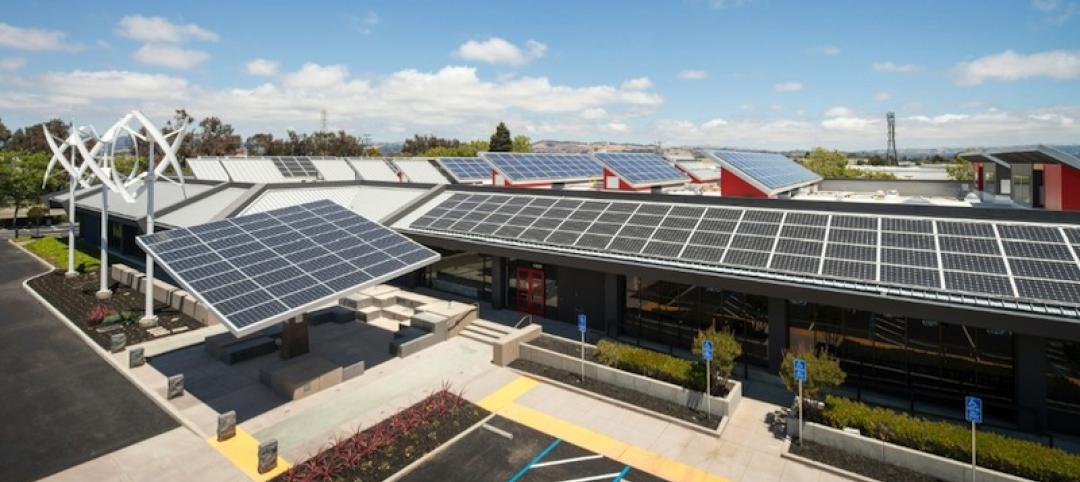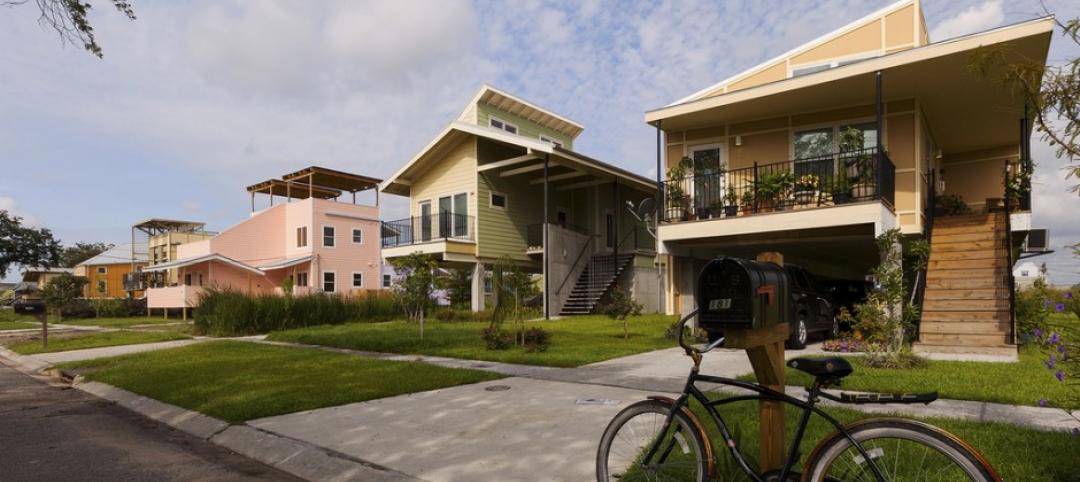Employees of the construction industry ranked second for drinking heavily, and fifth for drug abuse, says a new study by the Substance Abuse and Mental Health Services Administration.
On The Washington Post’s Wonkblog, drug policy reporter Christopher Ingraham writes that drug abuse, including alcohol consumption, costs the U.S. economy billions of dollars in lost productivity annually.
Data show that among the industries with the heaviest drinkers, miners topped the list, with 18% of miners reported “drinking five or more drinks on the same occasion (i.e., at the same time or within a couple of hours of each other) on five or more days in the past 30 days.” Construction workers followed closely at 17%.
Ingraham writes that variation among drug abuse and alcohol consumption across industries does not necessarily have a direct influence with the nature of work. Instead, it has more to do with the types of people who work in them.
“For instance, we know that men drink and do drugs more heavily than women,” he writes. “The researchers write that one reason miners drink so much is that miners tend to be young and male. Construction workers, on the other hand, showed abnormally high heavy drinking rates even after controlling for age and gender.”
The graphs below, by The Substance Abuse and Mental Health Services Administration, show the percentage of drug and alcohol abuse by job.
Percentage of employees who drink heavily:
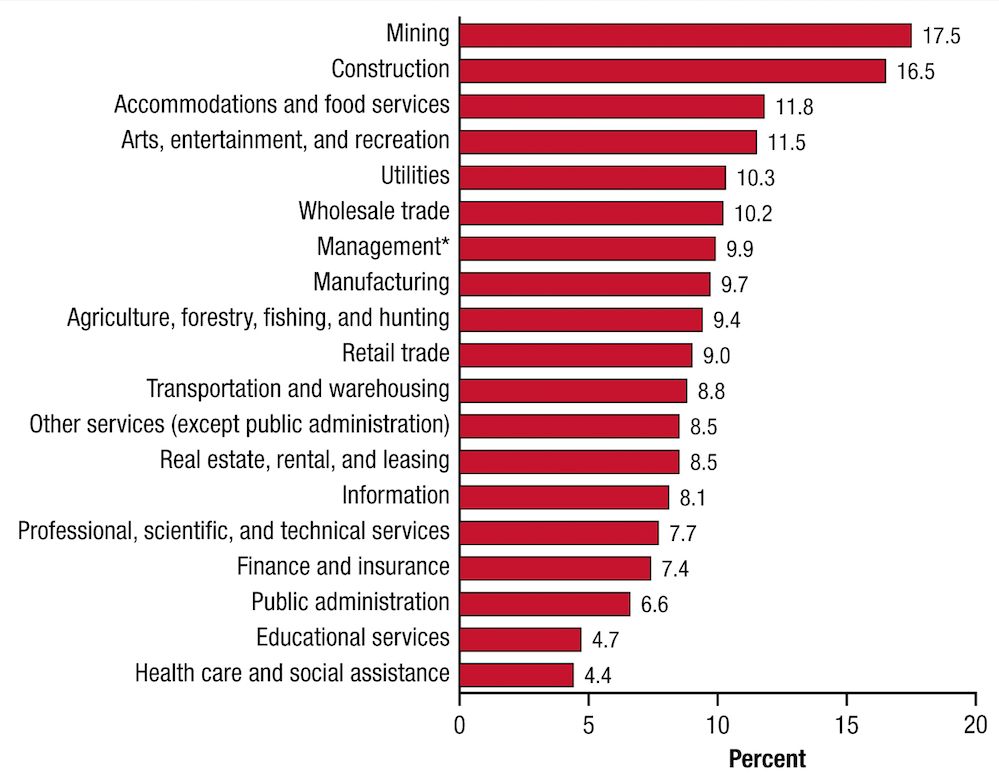
Percentage of employees who use illicit drugs:
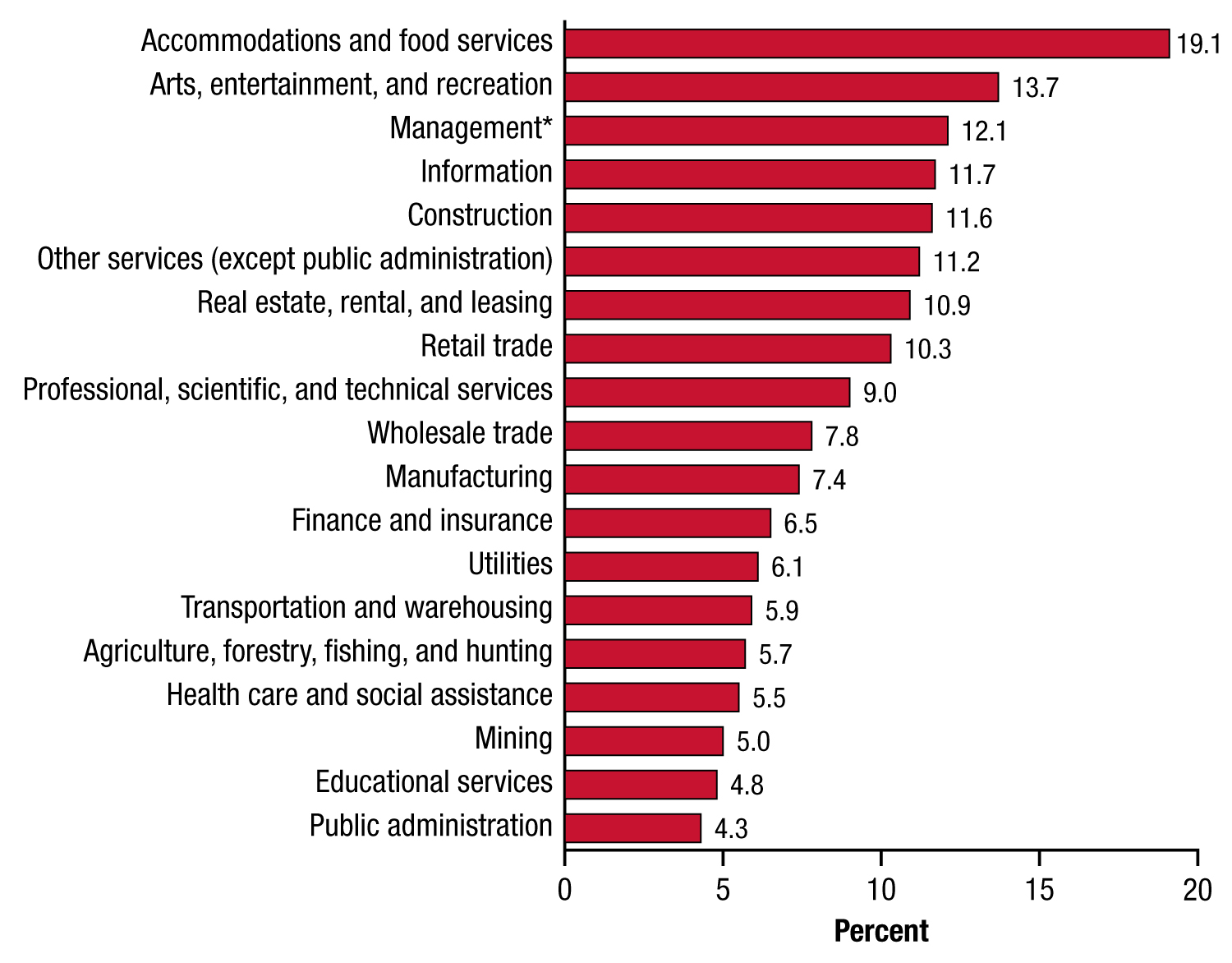
Read more on the latest report on the Substance Abuse and Mental Health Services Administration website.
Related Stories
| Jun 3, 2013
6 residential projects named 'best in housing design' by AIA
The Via Verde mixed-use development in Bronx, N.Y., and a student housing complex in Seattle are among the winners of AIA's 2013 Housing Awards.
| Jun 3, 2013
Trifecta of awards recognize Vision/Rubenstein campus, Bayer Healthcare HQ
When Vision Equities, LLC and Rubenstein Partners purchased the 200-acre former Alcatel-Lucent campus in Whippany a little more than two years ago, the partnership recognized the property’s potential to serve as a benchmark infill revitalization for the State of New Jersey.
| May 31, 2013
Nation's first retrofitted zero-energy building opens in California
The new training facility for IBEW/NECA is the first commercial building retrofit designed to meet the U.S. Department of Energy’s requirements for a net-zero energy building.
| May 30, 2013
The Make It Right squabble: ‘How many trees did you plant today?’
A debate has been raging in the blogosphere over the last few months about an article in The New Republic, “If You Build It, They Might Not Come,” in which staff writer Lydia DePillis took Brad Pitt’s Make It Right Foundation to task for botching its effort to revitalize the Lower Ninth Ward of New Orleans.
| May 29, 2013
Realtors report positive trends in commercial real estate market
Realtors who practice commercial real estate have reported an increase in annual gross income for the third year in a row, signaling the market is on the road to recovery.
| May 28, 2013
LED lighting's risks and rewards
LED lighting technology provides unique advantages, but it’s also important to understand its limitations for optimized application.
| May 28, 2013
Minneapolis transit hub will double as cultural center [slideshow]
The Building Team for the Interchange project in downtown Minneapolis is employing the principles of "open transit" design to create a station that is one part transit, one part cultural icon.
| May 24, 2013
First look: Revised plan for Amazon's Seattle HQ and 'biodome'
NBBJ has released renderings of a revised plan for Amazon's new three-block headquarters in Seattle. The proposal would replace a previously approved six-story office building with a three-unit "biodome."
| May 22, 2013
Return of retail? Rent growth seen in recovering markets
Like digging a ditch with a spoon, retail demand driven by population growth has eaten away at the supply of available store space in the markets that have been slowest to recover from the downturn. Vacancy rates are reaching a point that will give at least some landlords in every market the clout to demand slightly higher rents.



